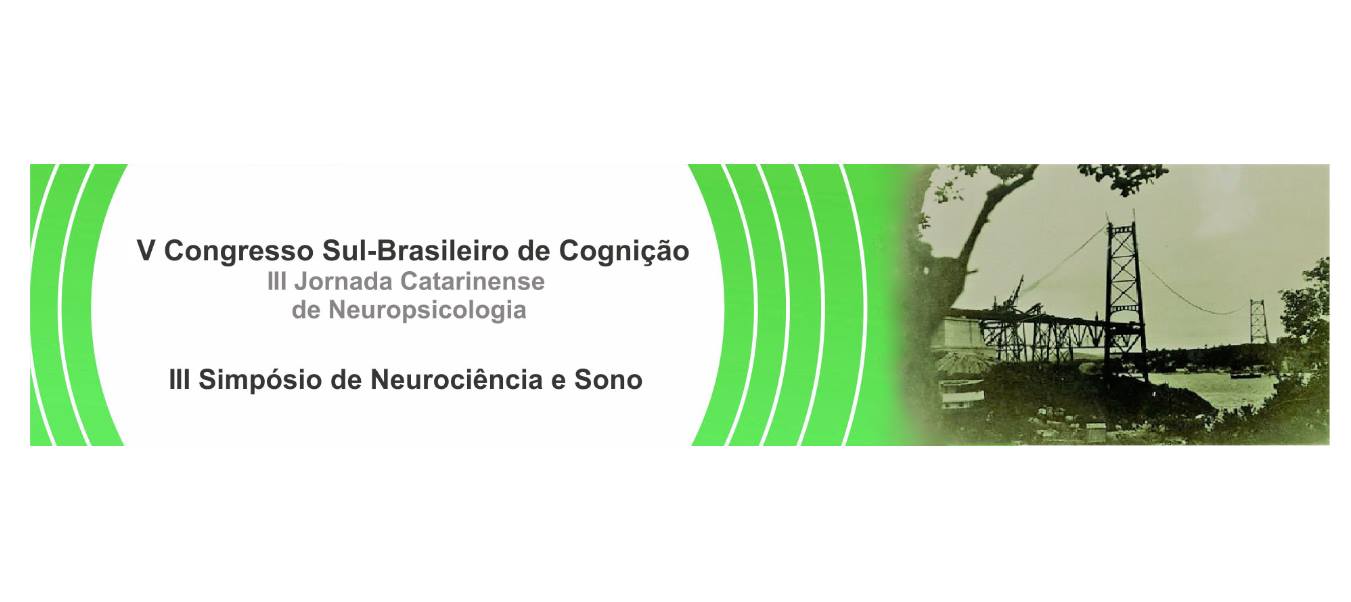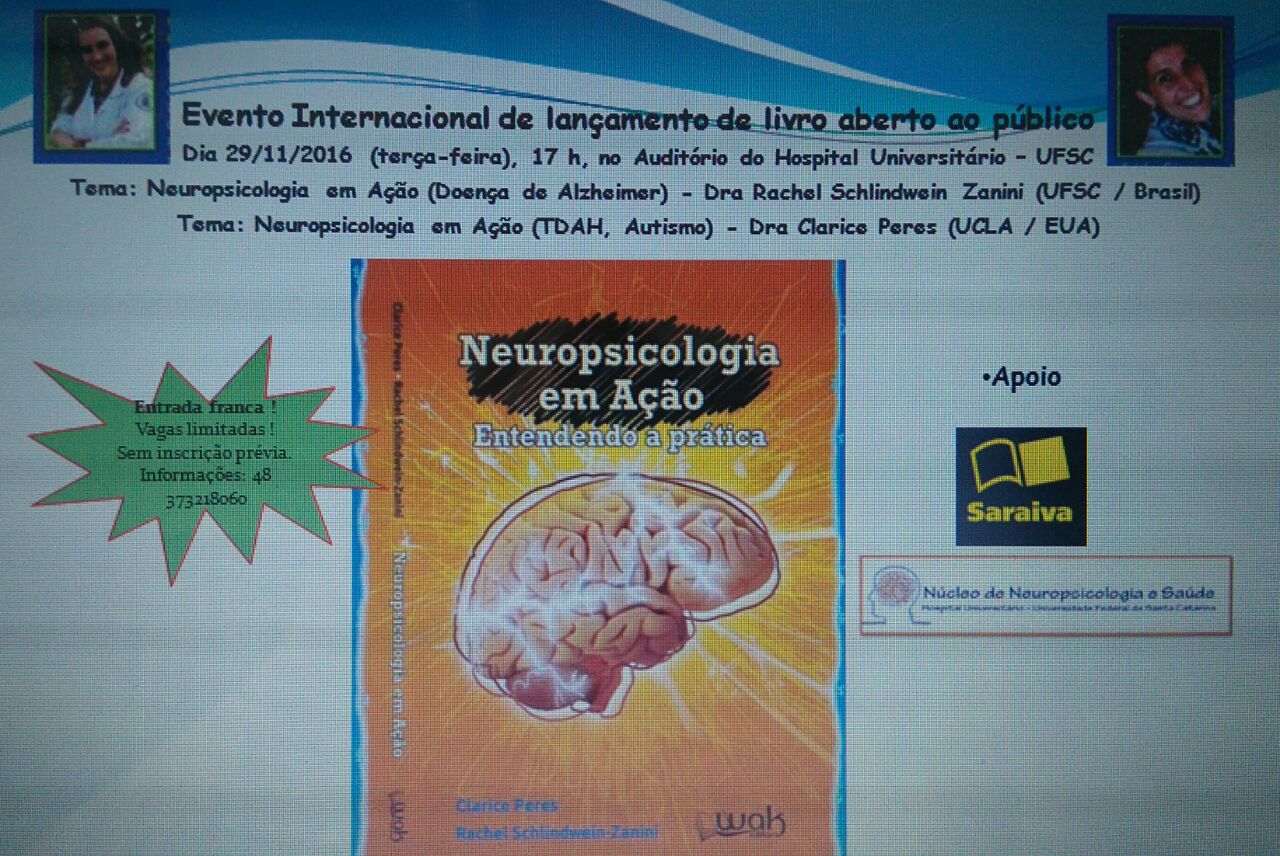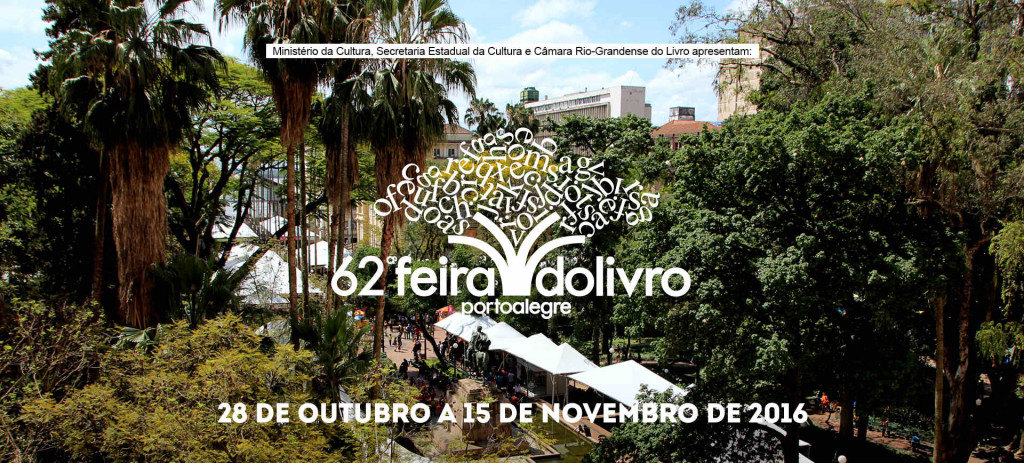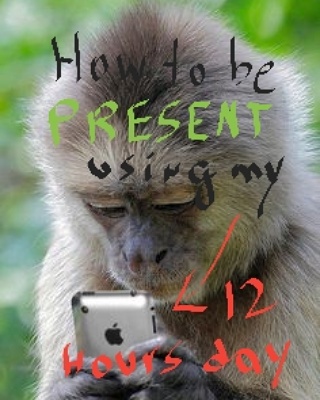
Now we perhaps need to ask ourselves another question: How using my mobile phone 12 hours per day I can live the PRESENT being conscious of my health?
By Dr. Clarice Peres. Research collaborator at the Mindsight Institute with Dr. Daniel J. Siegel and at the Child & Adolescent Division, Dept. of Psychiatry, UCLA, USA.
During my working day at the university lab where I study the brain activations of child disorders, my consulting office where we have already assimilated a breathing and meditation therapy for kids and teens, or at night writing articles on strategies to understand, intervene and live with disorders like ADHD, autism, depression, anxiety, and all the associated comorbidities, I was struck by a question: How to be present, here and now, fully minded, using a mobile 12 or more hours per day?
Our self being needs to be here and now to reenergize and to recognize its own conscience. Today, we are bombarded with data, fast bits of information, and plenty of intellectual or emotional junk. These constant stimuli distract and deviate our attention towards the periphery, the exterior of our conscience. Rooted in the survival of our specie, we have awakened to improve our quality of life. Logically, there is plenty of information available on how to live a healthier life and to be present in our daily experiences being aware of our own reality. However, the demands for automating our life are unstoppable and in a blink, we can be swallowed in “doing things without thinking” or “arrive to a place without remembering why”.
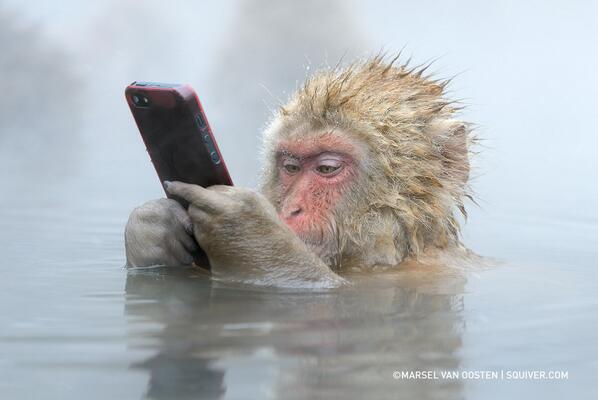
Let us start together a first answer!
What we want in our lives is to love and be loved, each one in their own way. Hence, when we are in the magic of being, we experiment the present, which is not extracted from the past or the future, it is just being. Then, all our senses are alert and we can even touch abstract things. We feel more, we enjoy more and everything and everyone makes more sense. Our senses are more acute and our perception expands. However, to keep our mental, physical and emotional health in balance, we also need to relate to others, even if we have autism or another social inability. Up to a certain degree, our mobile phone can satisfy this need, even virtually, because our amazing brain and our unconscious have the capacity of reproducing the chemistry of pleasure, even when our company is not real but just a computer program based in artificial intelligence.
However, my opinion as professional and human being is that no mobile phone can replace a smile, a hug, a kiss. It is not by chance that we talk about social ties or hooking up, which relate to connect, to mix. You cannot have a healthy body and mind without the contact with other human beings. We start this process the moment we are born. More contact with your mother, more neural connections. However, there are many disorders that are compromising our healthy development for the lack of human contact.
In concomitance with this huge behavioral change, we are becoming attention addicts without real needs that make us more vulnerable. A behavior that compromises our autonomous personality of self-trust, increasing the social paranoia and the drama of “likes” in social media.
I am sad of the little faith on ourselves and the increasing lack of respect of our younger generations to older people. We are losing the concept of wisdom of our predecessors by unknown “followers”. I am even afraid to mention families that eat out, sometimes just once per month, and are all connected to their mobiles in the same table, even playing online, but with a minimal contact.
Could be that according to the epistemological sources of evolutionary psychology this will be a need in a near future for the surviving clans?
Or behind the scene there are Asperger’s geniuses manipulating a novelty hungry and naïve youth?
Geniuses just ready to transform your brains in unattended, inconstant, impulsive, and insensitive. Too logical and too needy of our “smartphone” technological pill, which seems less smart than advertised and too much stimulation for brains that are not ready to take a good decision. Potential drug addicts that fill our universities of engineering, programming, systems and digital games; as well as our psychiatric consults.
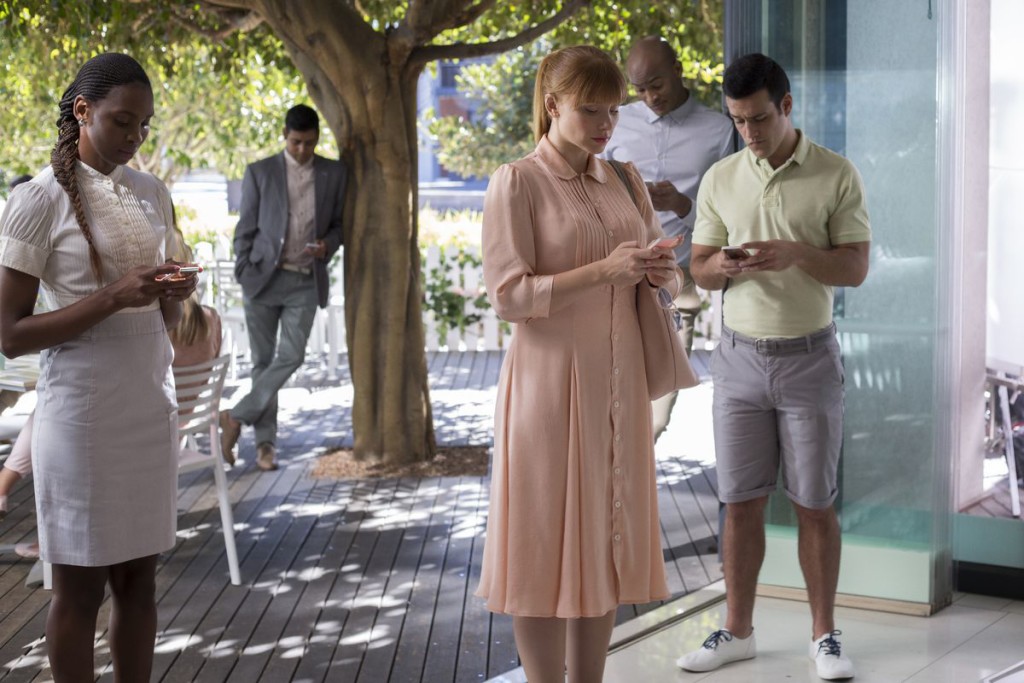
The tenebrous futures of the British series Black Mirror seem to be very close in the social media episode that shows a society under the tyranny and hypocrisy of mutual digital qualifications. Here, to access certain benefits you need at least 4 stars while is easy to fall in disgrace and become a pariah if you have less than 2 stars. A world where people interact more with their mobile devices than with other people. The truth, the scene of absorbed youngsters interacting with their devices, is already a reality at any Starbucks in the Silicon Valley, our technology playground.
Extrapolating, I do not believe we want to become Solaria, the fictitious planet invented by Asimov in 1957 for the novel Naked Sun. In Solaria, people do not see or touch each other but for reproductive goals and every interaction is through an advanced tele-presence system. This society is characterized by the phobia to contact, pushing the human evolution to a hermaphrodite specie, where individuals can live in complete isolation forever while robots take care of everything. Involution rather than evolution!
Although recent new reveal an interesting progress in the detection and treatment of disorders like depression, anxiety or schizophrenia, with “intelligent interventions” to the user’s mental health, where smartphones could prevent suicide or cognitive dysfunctions, we keep fighting with complex forecasts. Indeed, mental health studies of our Internet society show that we are reinforcing individuality and losing social skills, exactly the opposite what the physical and mental health of our youngsters need. A pharma that causes dependency of the illness itself!
We need to be fair and consider all the possible perspectives, for example, that mobile usage data allows to predict the mind state of a person, even depression. Today a person in the USA uses a mobile an average of 150 times per day. Each time, multiple sensors and apps register the movement, the location, all the interaction, etc.; generating thousands signals that in a few days can predict ourselves more than what we imagine. In the case of depression, according to a study published in 2015 by Northwestern University, just the usage time says a lot, as a depressed person uses the mobile four times more than a normal person. That is, we are not even speaking about big data, because in a week there are enough data to use advanced predictive techniques based in machine leaning. Also in 2015, researchers at Yahoo Labs showed that was possible to predict the next app to be opened by a user with 91% accuracy!
Today there are several startups like Ginger.io or Mindstrong working on apps to predict and intervene people that have mental illnesses. This could even avoid suicides as the mobile phone could alert relatives or even the police. However, the addiction to the mobile creates symptoms like ADHD according to a study done at University of Virginia in 2016. This is consistent with several studies that show that the use of smartphones affects the attention and performance of the students. Indeed, a study of the London School of Economics in 91 schools of the United Kingdom shows that after the prohibition of mobile phones, the students improved their results in the national exam in a 6%, up to 14% for the worse ones.
However, paradoxically, according to a recent article in the blog of the Medicine School of Harvard, it is speculated that mobiles could be one of the causes of the drastic decrease of drug prevalence in adolescents. In the last 20 years, drug usage has diminished from 13% to 5% and 20% to 10% in 8th and 10th degree, respectively. In other words, perhaps we are substituting one addiction for another. What is worse in the long term? Considering that the iPhone has just 10 years, we will need to wait for an answer.
How we think we should use this time, our time? This time as the poet said: “should be timeliness while it exists”. Think about how we are redefining friendship by connections, feelings by emojis, criticism by trolling, love by matching, respect by best regards, compassion by sharing, loyalty by followers and privacy by an illusion.
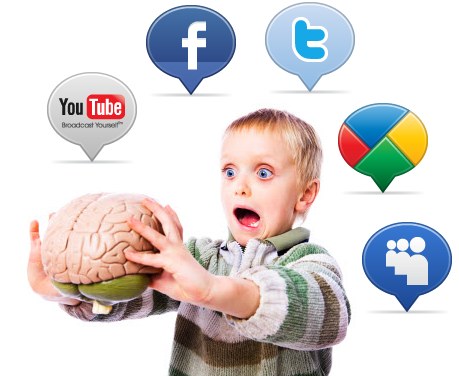
We cannot stop talking about the high indices of technological addition (nomophobia) due to mobile usage, generating a high degree of anxiety, changes of personality that increase our predisposition to low self-esteem, excessive extroversion, low responsibility, low emotional stability and more irritability. Adolescents are the most vulnerable, but adults are also losing control, even more those that have a diagnosis of a mental disorder. Current data confirm the trend, 92% of the teens connect every day and 24% constantly (Journal of Adolescence, 2017). The centers and programs for treating juvenile addictions relate the increase of mobile usage with the need of treatment, responsibility that most parents recognize do not enforce, because themselves admit being connected many hours to their mobiles, giving their own wrong example of excess.
Because the contact with the machine will never replace the contact with another human being as perfect model of one self, I hope we are intelligent enough to identify our mother nature as a perfect guide to connect with our own lives.
As we dare to speak about solutions, we have alternatives that cost less than the 500 dollars of an iPhone, without counting all its accessories for a complete functionality that you can learn in one of Apple’s Genius Bar helpdesks. We are talking about meditation, yoga, exercising, walking, running, bicycling, surfing, canoeing, sailing, beach volleyball, etc.; options that do not need “views” for self-esteem reinforcement, because each activity generates enough satisfaction and well-being to wake up and keep up the motivation, given the opportunity to connect our wisdom so the PRESENT takes the place that should have. Just to be the protagonist of that spectacle called life.
Now we perhaps need to ask ourselves another question: How using my mobile phone 12 hours per day I can live the PRESENT being conscious of my health?
Previous version of the original to appear in 2018 in the magazine Periodico del Bien Comun.
Sources:
https://www.scientificamerican.com/article/former-u-s-mental-health-chief-leaves-google/
https://www.technologyreview.com/s/530876/this-phone-app-knows-if-youre-depressed/
http://time.com/3958128/smartphone-depression/
http://www.health.harvard.edu/blog/teen-drug-use-better-parenting-smartphones-2017032111403
http://www.cnn.com/2016/08/08/health/personality-smartphone-addiction/
http://www.vocativ.com/317313/adhd-smartphone/
http://psycnet.apa.org/psycinfo/2015-28923-001
http://money.cnn.com/2015/05/18/technology/smartphones-schools-ban/
http://www.psiquiatria.com/ansiedad/las-personas-con-baja-autoestima-tienen-mas-predisposicion-a-ser-adictas-al-movil/
http://www.psiquiatria.com/adicciones/aumenta-la-demanda-de-ayuda-por-el-abuso-de-las-tic-entre-los-jovenes-segun-la-asociacion-proyecto-hombre/
*Dra. Clarice Peres tem PhD em Psicologia e Educação pela Universidade de Vigo/Espanha. Atualmente (2017) ela vive em Los Angeles e é pesquisadora no Departamento de Psiquiatria da UCLA. Ela é autora dos livros TDA-H (Transtorno de Déficit de Atenção e Hiperatividade) da Teoria à Prática: Manual de Estratégias no Âmbito Familiar, Escolar e da Saúde. Neuropsicologia em Açao: Entendendo a Prática. (Ed. WAK/Rio de Janeiro/Brasil)
